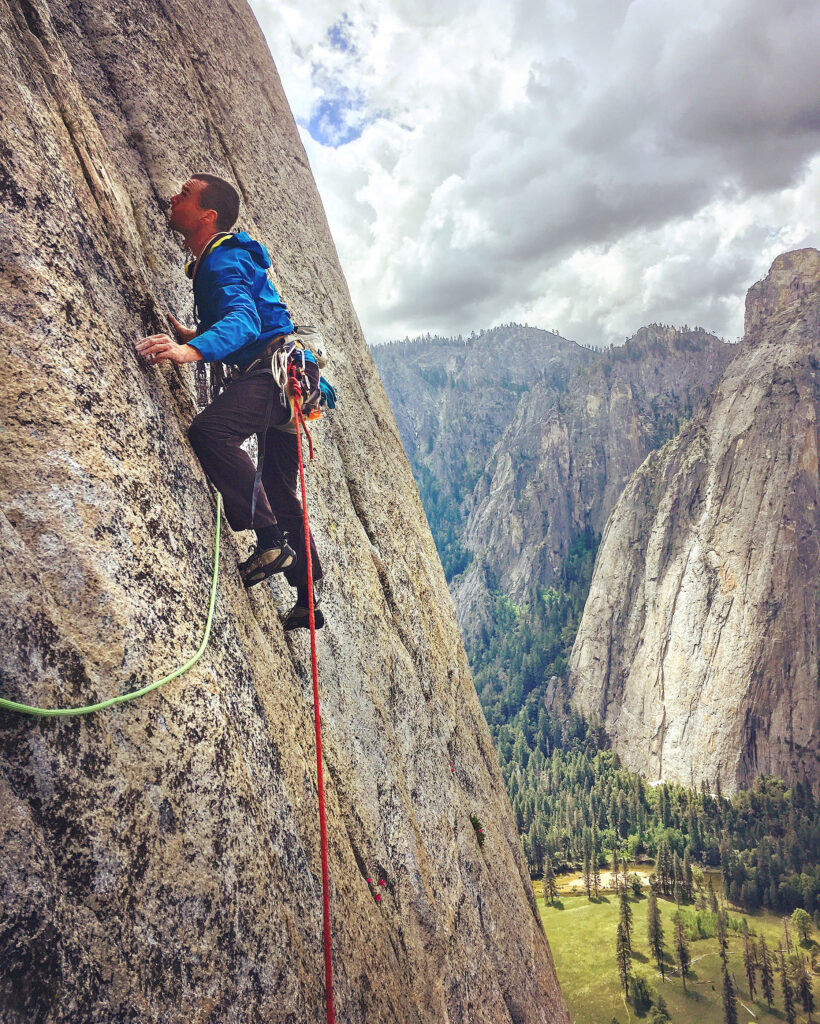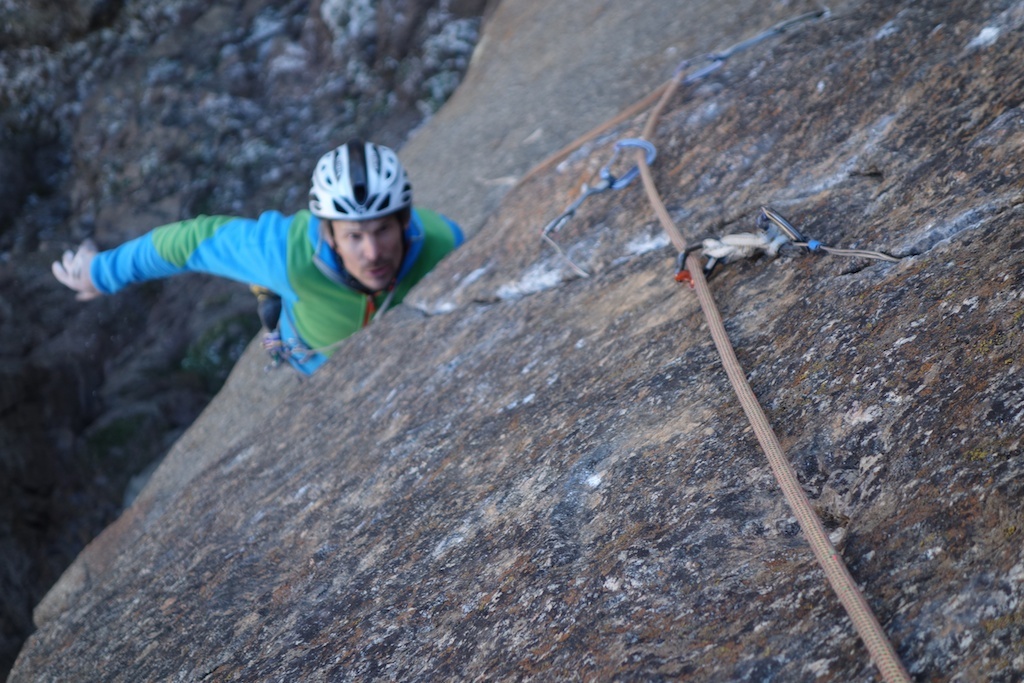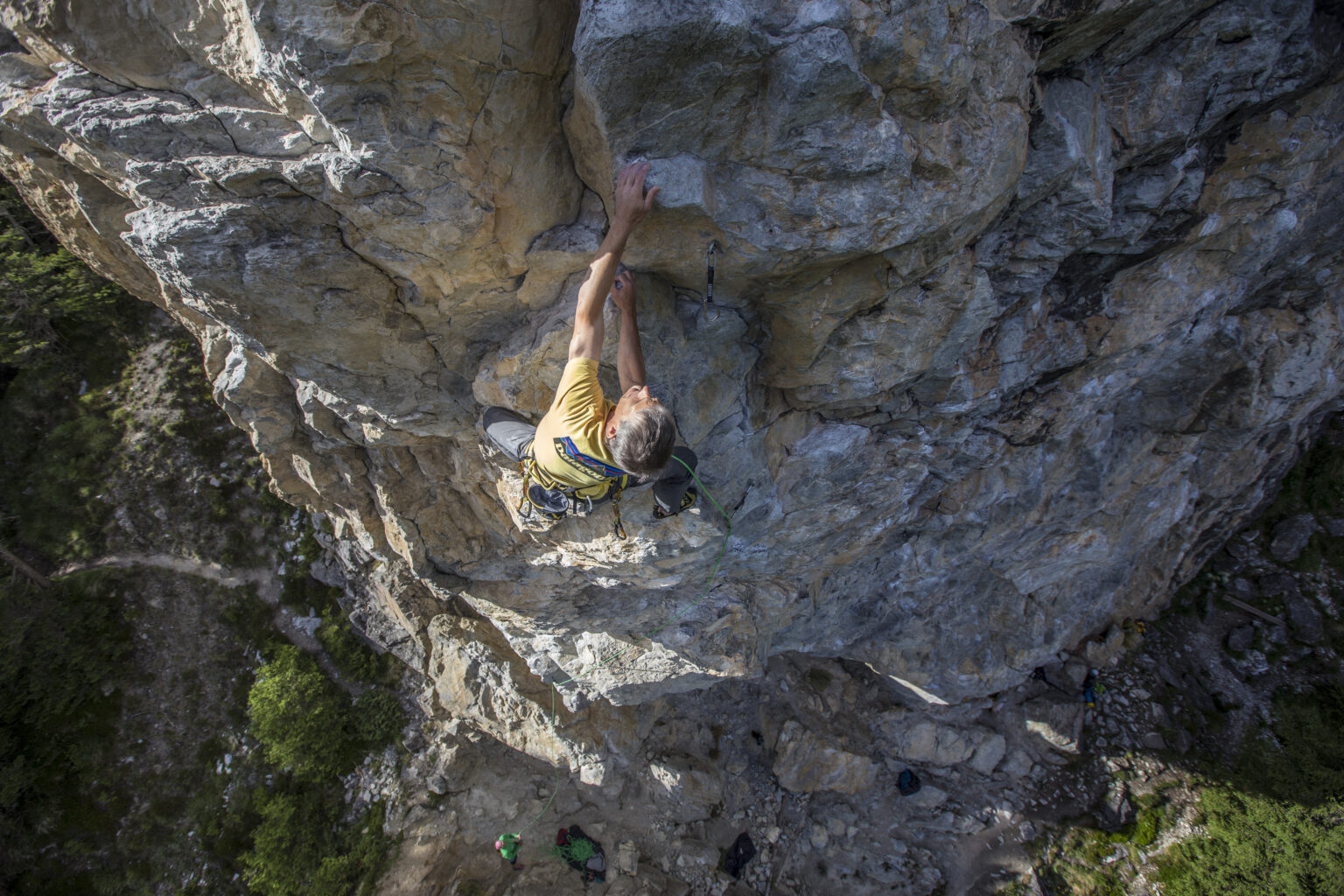Rock climbing provides numerous benefits due to the demanding full-body movements involved in the sport. While pulling yourself up the wall, these movements can positively impact your cardiovascular health, central nervous system, skeletal muscle, and mental well-being. While general training offers similar advantages, rock climbing takes it to another level. Unlike conventional strength training, this sport offers athletes unparalleled opportunities for movement that are rarely found in other sports.
The uniqueness arises from the intricate interplay of individual movements and coordination required to scale a climb successfully. Additionally, depending on the level of difficulty of the particular climb, it can provide an incredible challenge that will help you push past your physical limitations while improving strength, focus, mobility, and confidence.
Let’s discuss the benefits of rock climbing in detail below.
STRENGTH AND MUSCLE MASS GAIN
Rock climbing places repeated stress on muscles at a relatively high volume during a single climbing session, which can produce optimal conditions for muscle growth. Of course, there is a limit to the amount of muscle you can gain through climbing since the load decreases as you get stronger and more efficient. One of the remarkable aspects of rock climbing for muscle development is the dynamic nature of physical movement, setting it apart from many other forms of exercise.
The longer that you rock climb, you’ll start to find that the easier routes you start on are now not placing the same amount of stress on your muscles. So you’ll start to try harder routes with larger obstacles, overhangs, and possibly dynamic movements. While the goal will always be to overcome these obstacles, the progression from beginner to advanced routes means that you will usually always be placing optimal stress on your body to adapt.
Additionally, the different types of climbing will also place different positive demands on your muscles. The muscular endurance you gain from top rope and lead climbing can be supported by the pure strength and power movements you perform during bouldering.
Ultimately, through rock climbing, you will likely see an increase in muscle fiber size and number and develop advanced muscular endurance in your upper body. If you prefer bouldering, you will also see increases in your muscular power, otherwise known as the ability to create velocity through force, in order to complete the shorter routes.

CARDIOVASCULAR HEALTH
While not traditionally viewed as a “cardio’” activity, rock climbing is very beneficial for cardiovascular development and health. This is largely a factor of blood since human beings have only approximately 5L of blood in their body at any given moment, and there are few activities like rock climbing that require those 5L to be delivered throughout the body evenly. To explain the beneficial demands rock climbing places on the heart and the cardiovascular system, it’s easiest to look at running as the baseline for standard exercise.
During a run, the body will oxygenate and then deliver available blood to the working muscles in your legs, but if that runner were also asked to lift weights with their arms, they’d suddenly find themselves out of breath. This is because oxygenated blood needed in the legs must be sent to the arms to lift the weights. Returning to climbing, because oxygenated blood is required in the arms, legs, core, shoulder, and back muscles in order to perform complex climbing movements, the heart needs to work hard to make sure all needs of the muscles are met.
This is precisely why boosting aerobic capacity through regular, low-intensity climbing routes aids in tackling more challenging climbs. Additionally, engaging in other cardiovascular activities further enhances overall climbing performance. As you develop the efficiency of oxygen utilization in your arms and back, there is less demand on the heart to deliver the same quantity of oxygenated blood. You can climb the same routes with less oxygen and try harder routes because you are prepared to maximize that oxygenated blood flow again.
Check out our 8-week intermediate to advanced rock climbing training plan.
Ultimately, this all results in the heart working harder and more efficiently, leading to a reduced resting heart rate, increased stroke volume (the amount of blood pumped by the heart in one beat), and lower blood pressure.
NEUROMUSCULAR COORDINATION
MENTAL HEALTH
Like most forms of exercise, rock climbing can have a generally positive effect on mental health, including anxiety and depression. While it is not a replacement for professional and clinical care, moderate to vigorous exercise (including rock climbing) has been shown to positively affect mental health by increasing blood flow to the brain, endorphin release, and increasing social interaction and support common to the activity.
Climbing also has a very large mental component. Those who spend time developing the technical mental aspect of climbing can develop a strong sense of belief in oneself and the ability to assess risk in a logical manner.

CLIMBING HEALTH BENEFITS
CONCLUSION
To sum it up, rock climbing offers a ton of benefits that go beyond regular strength training. It’s not just about getting stronger, it’s about the full-body movements and unique challenges that come with it. Rock climbing can improve your cardiovascular health, strengthen your muscles, boost your mental well-being, and even help with focus, mobility, and confidence. So if you’re looking for a sport that gives you a total workout, both physically and mentally, rock climbing is the way to go.
Looking to improve your rock climbing training? See the article: Training for Rock Climbing.

